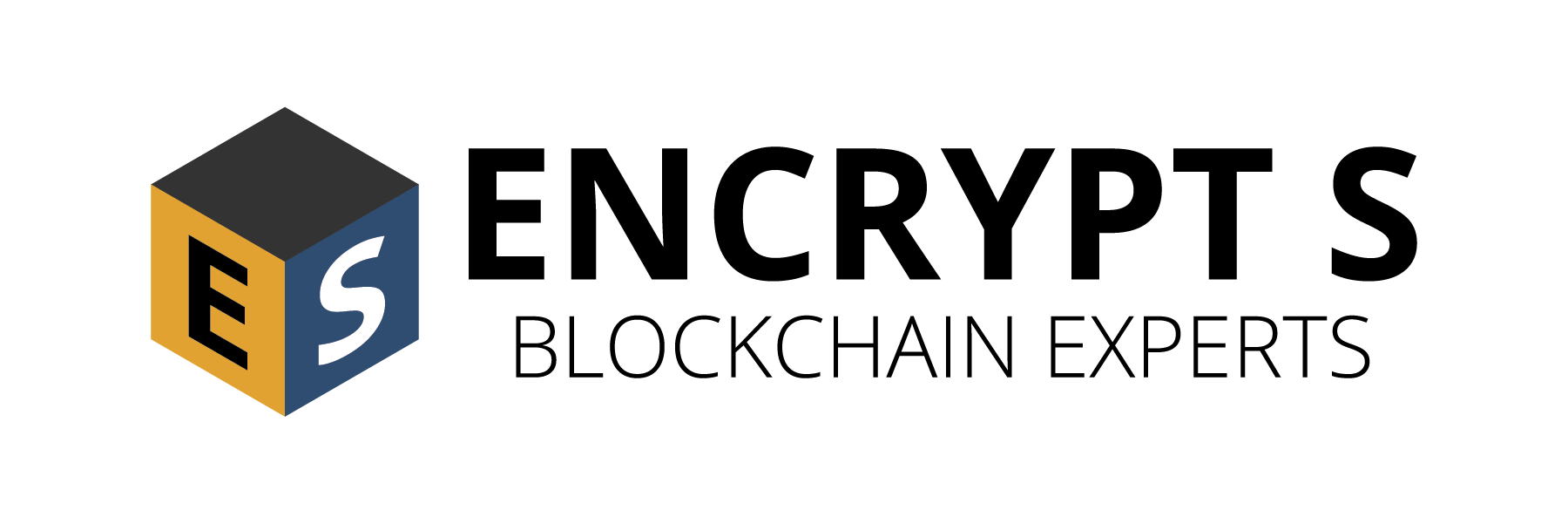Since it’s invention in 2008 by its still unknown creator who went by the pseudonym Satoshi Nakamoto, blockchain has remained largely ununderstood outside of technical circles. When someone tries to explain the benefits of asymmetric data encryption and peer distributed consensus algorithms, most peoples eyes rightly glaze over.
While a lot of its inner workings are highly technical and are far departed from the familiar paradigms of traditional centralized infrastructure, you don’t need to be a cryptography PhD to understand the benefits that blockchain based systems offer.
“a blockchain is primarily a decentralised database.”
The main thing to understand is that a blockchain is primarily a decentralised database. However the benefits which emerge from decentralising data this way are much more important than they would appear at face value.
One benefit is the incremental way data is stored on a blockchain. Traditionally, databases operate more a spreadsheet. If you update a cell, save the spread sheet and close it, there is no trace left of the original value. Blockchain handles data updates in quite a different manner. Instead of overwriting values a single database table, every few minutes it records a “block” of changes which have been made to the data while leaving the original data in tact. It would be like instead of overwriting the cell in the spreadsheet, you open a new tab and record only what changes have been made. The current value of a cell can be calculated and verified as correct by looking at the original value and accounting for the changes in subsequent blocks (tabs). We also retain the original value and a verbose record of all the changes made.
The business benefits to the financial industry alone are huge. Instantly without any other complicated backup system necessary, there is a complete and transparent record of all transactions made on the system. These records are easy to query at any point in time and would offer fully auditable and indexable history. The benefits of this are not limited to finance, for example if a blockchain were used to track goods as they were shipped around the world it would immediately offer an irrefutable, indexable and searchable chain of custody for each item. The end consumer could use the public blockchain to verify the authenticity of the goods they purchased, tracing it all the way back to the manufacturer. The use cases where this transparency is beneficial are endless.
Another benefit of blockchain technology is the decentralized way that the data is stored and applications are run. In traditional information architecture the application and data are stored in a central location, run on a remote server and then the result is sent to the client. This is exactly how website’s work. A remote web server processes your request and sends you the resulting output to be displayed in your web browser. Blockchain applications are different, they are stand alone applications running on local data sources. Each user running a blockchain application has all the required logic and the option of storing the entire blockchain on their local machine.
“users can trust the displayed data to be accurate and true to the known rules of the software.”
This shift in who controls and interrogates the data has a massive impact on data integrity. Until now, we are forced to accept whatever displays on our screens as provided to us by a remote system to be true and correct. We in fact have no idea if the data has been intercepted and mutated, maliciously modified in the remote database, or whether the remote system has changed the way it calculates the result it is displaying to us. With blockchain’s peer distributed model, users can trust the displayed data to be accurate and true to the known rules of the software.
This provides an unprecedented social benefits to the end users of blockchain technology. An example of this could be using a blockchain to record the views on a monetized social media platform like YouTube. Currently, all the software and data that calculates YouTube views and channel revenue is completely private. Each channel operator has to blindly trust the view count is correct and that YouTube is paying them the correct amount of ad revenue. If the video views were instead recorded on a public blockchain, the user and company would both have irrefutable evidence that the channel owner is getting paid for the correct amount of views.
These are just some of the benefits which emerge from switching from centralized, private, volatile databases to decentralized, public, immutable databases. At risk of this post becoming a novel, I will end it here and leave you to explore some of the other business and social benefits of blockchain technology.

